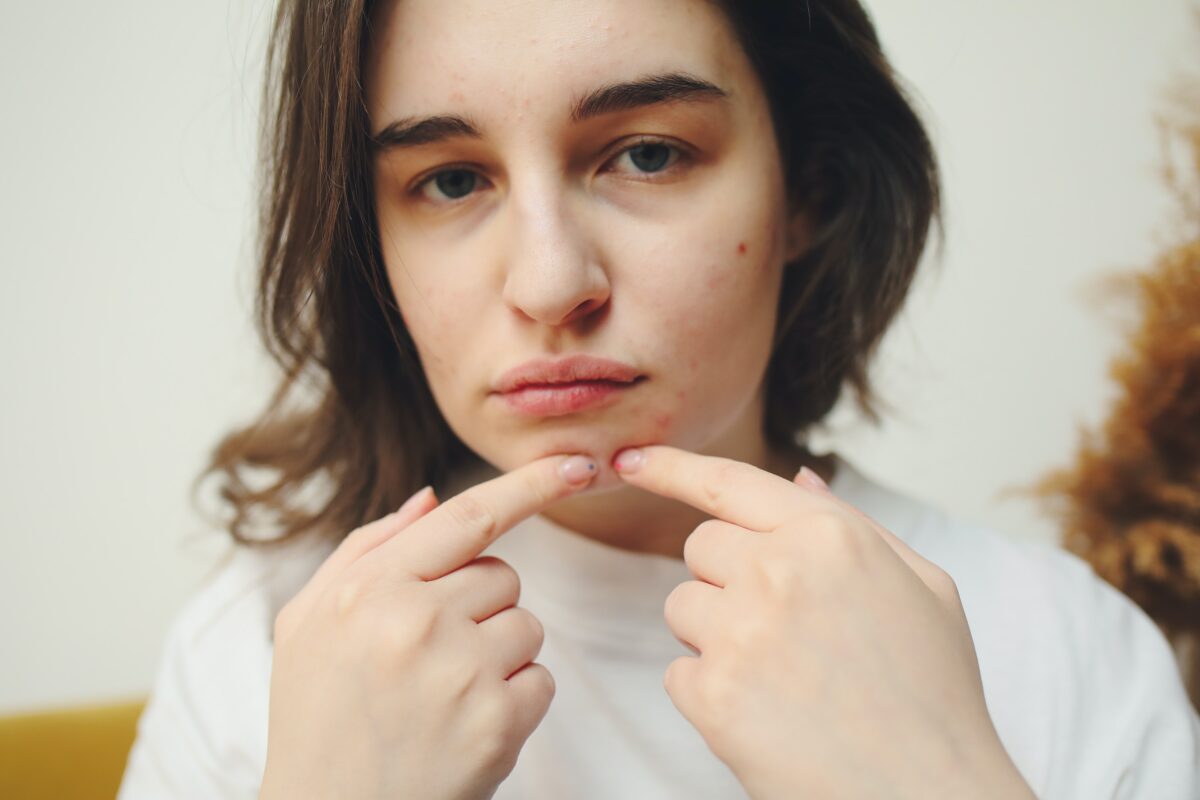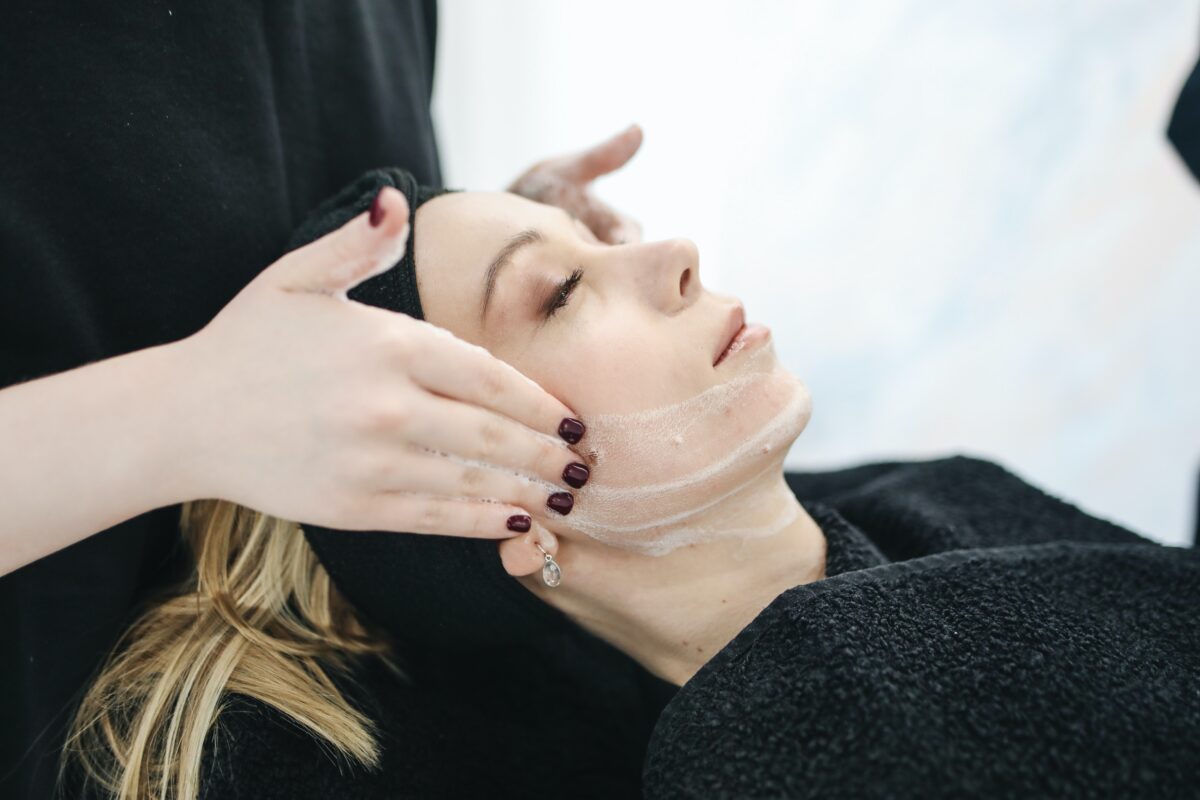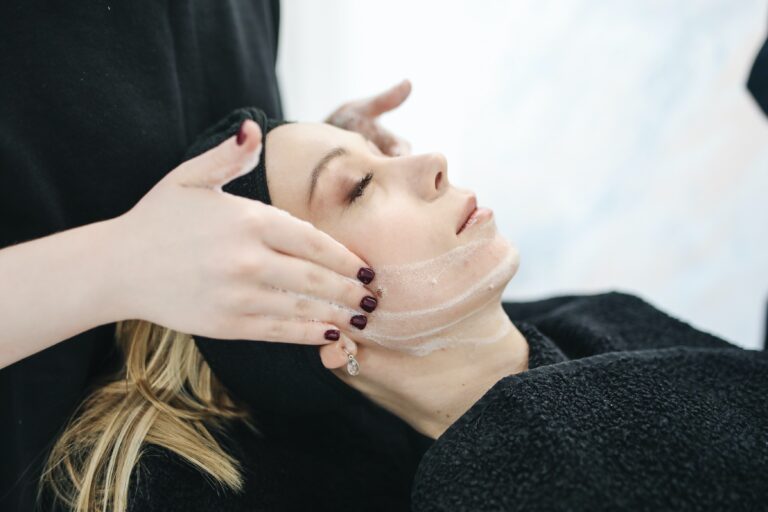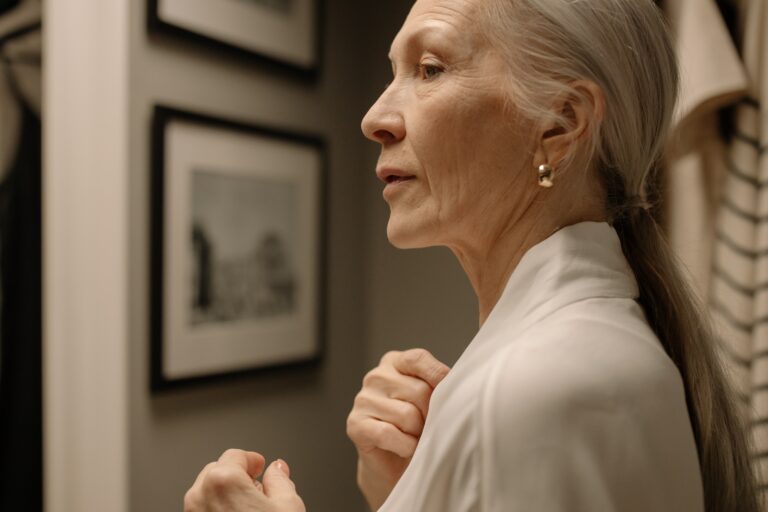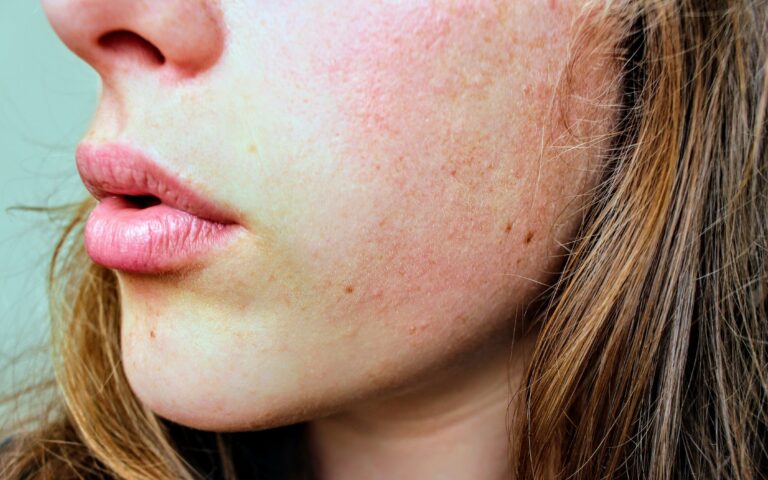Is Acne Genetic? Get DNA Skincare insights Today
Aira
on
April 10, 2023
Is Acne Genetic? Knowing More About DNA and Skin Care
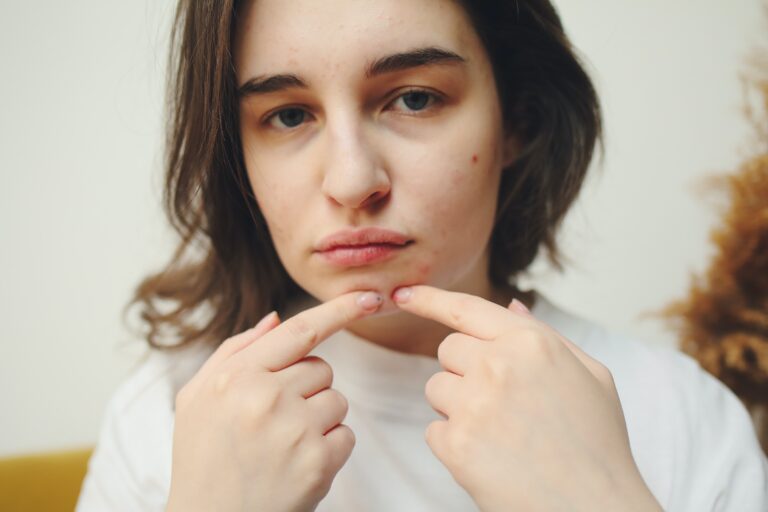
Just about every teenager on the planet has had to deal with the occasional pimple. One or two is not usually a bother depending on their visibility (for aesthetic reasons mostly) but dozens of them popping up all at once can be painful, uncomfortable, and affect your self-esteem. Acne is a skin condition in which pimples can be clustered in one specific area of the face or spread throughout.
Acne is typically caused by clogged pores. When sebum and dead skin cells pile up, they can clog your pores and lead to outbreaks of lesions commonly known as pimples. They can be tiny and almost non-noticeable or they can be bigger and painful. They can go as quickly as a couple of days or decide to stay for a while longer, depending on factors such as your skin type, the skincare you use, and if there are irritants present.
If you have been having acne problems for a while now, it might be worth the while to know more about how your DNA plays a role in this. LifeDNA offers skin DNA tests that can tell you unique traits based on your genetic variations. Start your skincare journey today.
Can Acne Be Genetic?
If a group of pimples recurringly break out on your face, this can be considered acne. While allergens, environmental factors, diet, and lifestyle can affect acne, genetics is also considered a major role player. There is evidence that points to acne running in a family and many genes are associated with the risk of developing this skin condition.
Acne can be a serious condition if left untreated. It can also be a symptom of another underlying health problem. In many cases, acne tends to affect the self-esteem of the teenagers who suffer from it. While it is more common in adolescents, adults can also suffer from acne.
Want to know more about your genetic likelihood of developing acne and unlock personalized skincare suggestions that can help prevent and manage this condition? Unlock LifeDNA’s skincare report today.
Skincare Insights from LifeDNA’s DNA Test
Acne is not the only skin condition that can be affected by your genetic variation. There are several other skin conditions that you are more likely to develop based on your skin DNA test.
Psoriasis
Psoriasis can cause inflammation, redness, and itchy scale-like scabbing on the skin, scalp, knees, elbows, hands, feet, and other parts of the body. As your body produces new skin cells, the immune cells in your blood mistake them for foreign invaders and attack these new skin cells which causes an overproduction of new skin cells beneath your skin. They force out the existing skin cells which results in scabbing and a scale-like appearance of the skin.
Varicose Veins
Varicose veins commonly appear on the legs. They are swollen and twisted veins that can be a pain both medically and aesthetically. They can cause swelling of the legs and feet as well. While not usually painful, they can cause muscle cramps, swelling, and itching.
Rosacea
A chronic condition, rosacea is an inflammatory skin condition. It primarily affects areas of the face such as the cheeks, forehead, nose, and chin. It is most common and most evident in fair-skinned people because they cause the skin to appear red, flushed, and sometimes a bit swollen. While not curable, rosacea is manageable with certain topical and oral medications.
Cellulite
One of the more popular cosmetic issues of many, cellulite is characterized by a change in the appearance of the skin. Instead of looking tight and smooth, cellulite causes the skin to have a wrinkled almost orange peel-like appearance. It mostly happens on the buttocks and thigh areas and is a cosmetic concern for many men and women.
Excessive Skin Dryness
A skin condition commonly mistaken for eczema or psoriasis, excessive skin dryness is when the skin becomes extremely dry to the point of cracking, fissures, itching, and even bleeding. It is sometimes caused by a cold and dry climate and excessive bathing, but it can also be genetic. If left untreated, the condition can only get worse and more painful.
Want to get reveal your most beautiful complexion based on personalized skincare insights? Try LifeDNA today.
*Understanding your genetics can offer valuable insights into your well-being, but it is not deterministic. Your traits can be influenced by the complex interplay involving nature, lifestyle, family history, and others.
Our reports have not been evaluated by the Food and Drug Administration. The contents on our website and our reports are for informational purposes only, and are not intended to diagnose any medical condition, replace the advice of a healthcare professional, or provide any medical advice, diagnosis, or treatment. Consult with a healthcare professional before making any major lifestyle changes or if you have any other concerns about your results. The testimonials featured may have used more than one LifeDNA or LifeDNA vendors’ product or reports.

